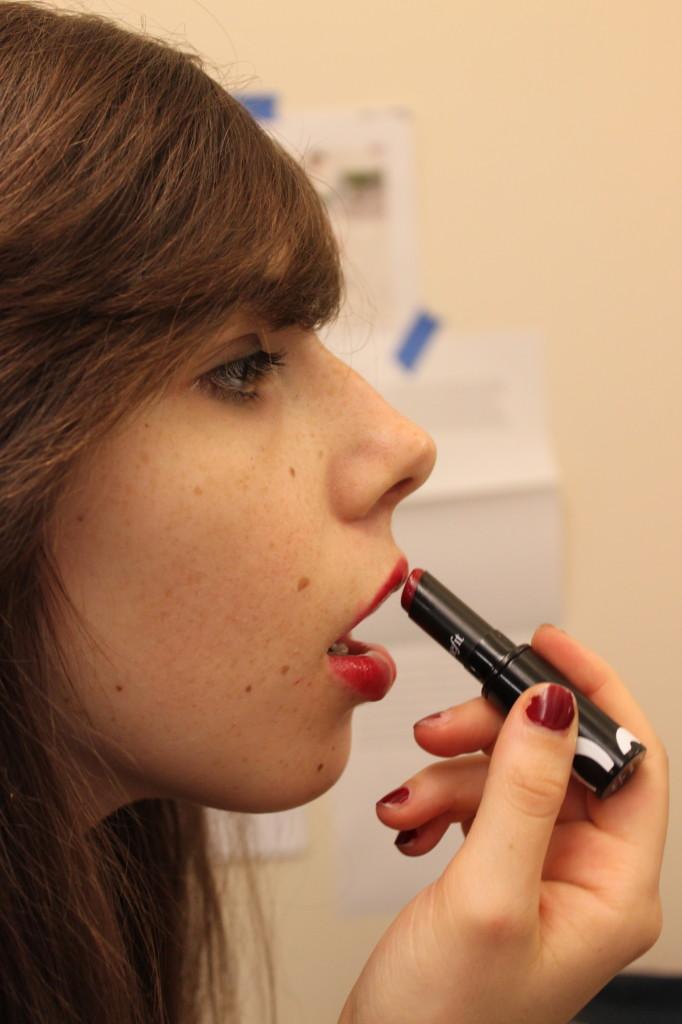Last summer, I decided to reward myself for working and bought a Chanel lipstick. Much to my surprise, a few days later, I received an e-mail warning me about the risks of lead in cosmetics.
The e-mail claimed that brands such as Estée Lauder, Chanel, and Christian Dior contained lead, a neurotoxin, which when ingested regularly can be hazardous. I later found out from the “Urban Legends” section of About.com that this e-mail was a hoax, which inspired me to do further research about the truth and transparency of cosmetics marketing. 
I learned that the Campaign for Safe Cosmetics tested 33 lipsticks and found that 61 percent had more than 0.65 parts of lead per million. According to the campaign, “the recent science indicates there is no safe level of lead exposure.” According to federal safety requirements, it is a crime to sell unsafe cosmetic products in the U.S.
The real question is: How can consumers avoid my mistake and determine which cosmetics are safe? Unfortunately, the answer is complicated. According to the Food and Drug Administration, formulas in cosmetics are considered trade secrets, so manufacturers are not required to list them. It has also not yet been officially determined how much lead is too large an amount for beauty products. And lead is not the only hazard; mercury and formaldehyde are also found in some cosmetics.
Although content information may be hidden or unclear on product labels, consumers can educate themselves by visiting the Environmental Working Group’s Skin Deep website (www.cosmeticdatabase.com) which contains information on thousands of beauty products.
Also, Urban’s own Green Team will be creating pamphlets with information about what chemicals to look for in cosmetics, as well as the effects of the chemicals on the environment.
Even though more information sounds like a plus, some students say they’d still purchase cosmetics despite the presence of toxins, so long as their makeup use is minimal.
“I would buy them (products from companies that do not necessarily provide clear information) because I don’t wear an extreme amount of makeup,” said Abigail Vass (’12). “If you wore heavy makeup every day, I would be more worried.”

